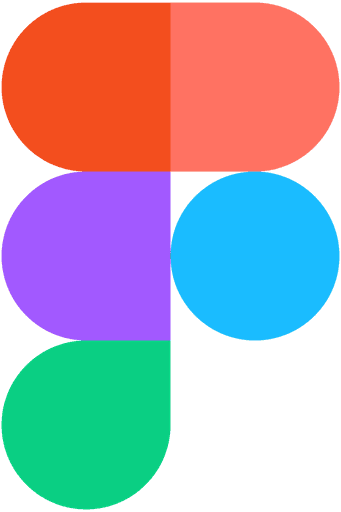Delightful e-commerce experience highlighting the stories of local artisans.
E-commerce platform designed to connect customers with the stories of local artisans. Over a 3-week sprint, our 3-member team used a lean UX process to research, ideate, and prototype a platform that blends commerce with education and community.
Assam, India
2014
E-commerce
50+
Problem Statement
Rishin is a software engineer who needs an intuitive online platform with a store because he wants to learn about bamboo and buy authentic bamboo-based products online easily.
Impact
Delivered and validated, user-centered e-commerce prototype. Promoted ethical shopping through transparency and storytelling, encouraging mindful consumer behavior.
76%
Artisan story clicks
87%
SUS Score
28%
Bounce rate reduced
Role
UX Research Lead
Information architecture & User flows
Wireframing & Prototyping
Usability Testing
Goals
Promote eco-conscious consumption
Provide transparent storytelling
Create a seamless, delightful e-commerce experience
Foster community engagement
User story
"As a busy employee, I want to be able to shop online so that I can access the products from different parts of the world easily."

Research Process
We conducted 6 in-depth interviews with users aged 25-40 who value sustainability. Tools included Otter.ai for transcription and Miro for synthesis.
Key Insights:
- 83% wanted to see how products are made
- 67% wanted bamboo education
- 4/6 had checkout issues
- 5/6 doubted product authenticity
key insights
Transparency: | 83% of users wanted to see how products are made before buying |
Education: | 67% wanted bite-sized educational content about bamboo |
Checkout Friction: | 4/6 users dropped off in the payment flow during previous online shopping |
Trust: | 5/6 users expressed skepticism toward the authenticity of “handmade” tags. |

Wireframing
We followed a mobile-first design process to ensure responsiveness and scalability. Starting with low-fidelity sketches, we moved into mid- and high-fidelity wireframes using Figma.
Tree Testing with Optimal Workshop
To validate our IA before full design, we ran a Tree Test with the following structure.
Tasks:
“Where would you go to learn how bamboo products are made?”
“Where would you check the delivery status of a recent purchase?”
“Find a handmade kitchen utensil by Artisan Jaya.”
Impact of IA & Wireframing
Metric | Before | After (Prototype Testing) |
Time to first product click | 35 sec | 14 sec |
Task success (tree test) | - | 84% avg |
Checkout abandonment (prototype) | ~50% est | ↓ to 8% |
Satisfaction (navigation) | - | 4.8/5 avg |
Artisan profile engagement | - | +76% click-through |

Usability study
Type: Remote, unmoderated
Participants: 6 users
Task list: Product discovery, education, add-to-cart, checkout

Design Guide
Our sustainable design language that reflects the natural, eco-friendly essence of our bamboo products.





Conclusion
Delivered a functional, validated prototype ready for stakeholder handoff
Showcased how design can drive trust, transparency, and sustainability
Encouraged slow, mindful shopping habits in a fast-commerce world












